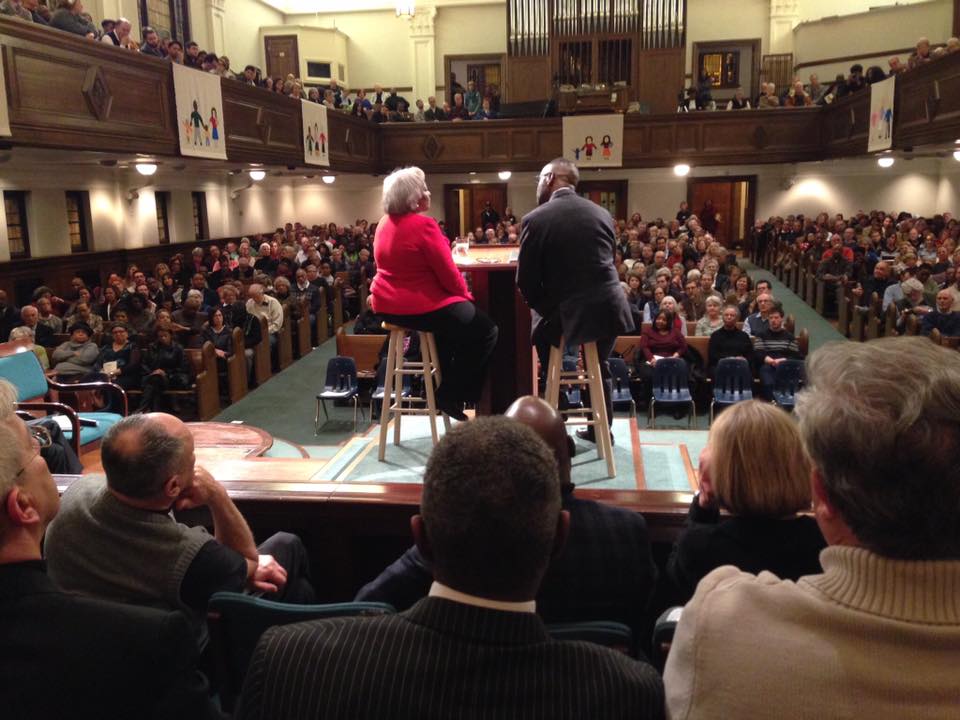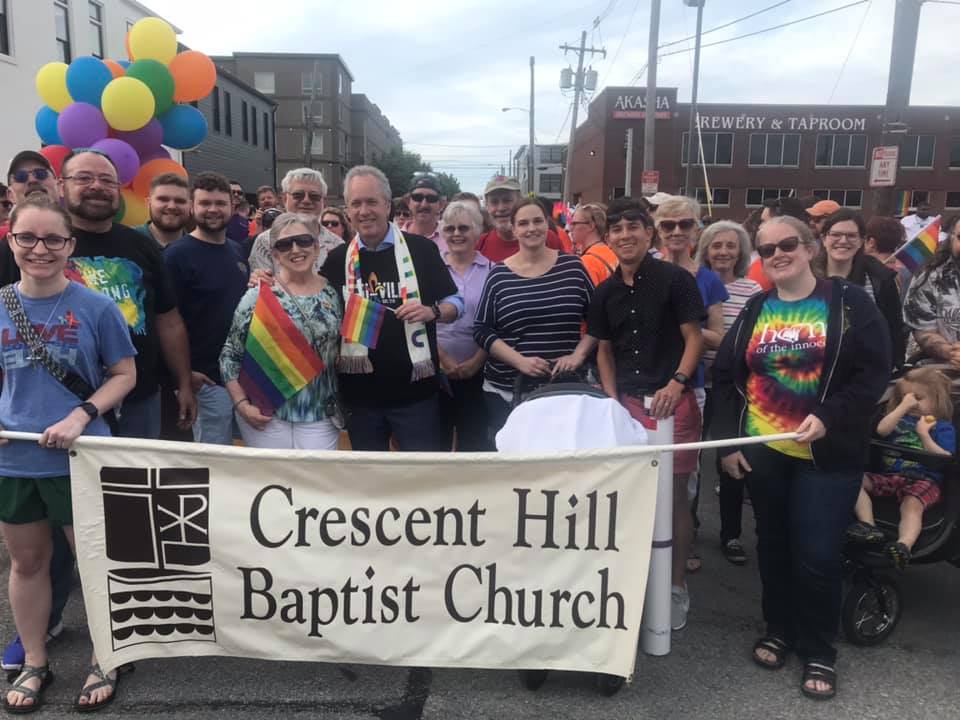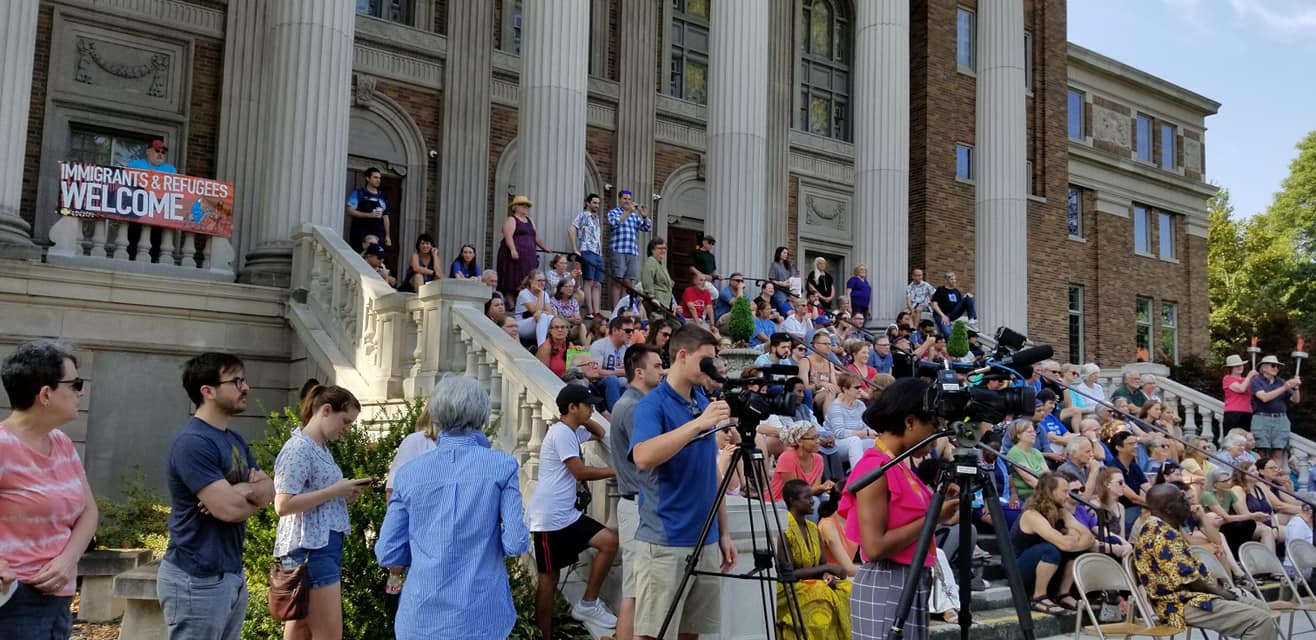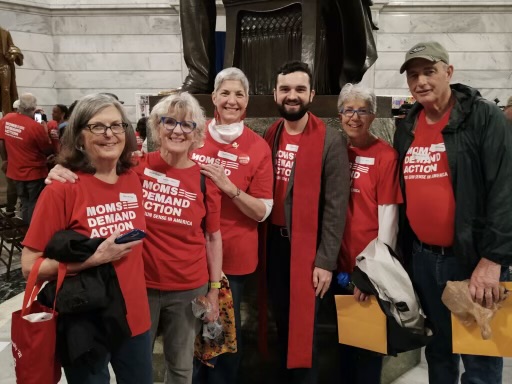Rooted in Faith, Committed to Inclusion and Justice
Our History
Our history is marked by a resilient adaptation to societal transformations while maintaining a strong commitment to its foundational Christian beliefs and missionary endeavors.
1908
In the Beginning

Crescent Hill Baptist Church was established on January 12, 1908. In its early days, the congregation, led by seminary student John F. Griffith as the first pastor, met in a hardware store and laid down a foundation of missionary work and theological rigor based on the “Philadelphia Confession of Faith.” Despite early internal conflicts and the pastoral turnover, the church grew, supporting mission efforts and expanding its infrastructure, including the construction of a new building in 1926, coinciding with the Southern Baptist Theological Seminary’s relocation next to its premises.
Original church building before 1926 major reconstruction
Growth
Through Changing Times

Throughout the 20th century, Crescent Hill experienced significant growth and challenges reflective of broader social changes, from the Great Depression to World War II. The church’s close ties with the Southern Baptist Theological Seminary enriched its spiritual and community life, with several faculty and students participating actively in its programs. Post-war, the church, under various pastors like Dr. Charles L. Graham and Dr. Rollin S. Burhans, continued expanding its mission-oriented and educational activities, experiencing a rise in attendance and community engagement.
The first women deacons ordained at CHBC: Betty Cook, Jane Kent, and Gaga Woodward, 1973
LEading
For Justice and Peace

By the mid-20th century, the leadership of pastors like Dr. John R. Claypool during the turbulent 1960s brought attention to social justice and racial equality, firmly positioning the church within the social fabric of Louisville and the evolving American civil rights landscape. Crescent Hill’s emphasis on peacemaking and social justice continued in the 1980s through the dynamic leadership of Dr. Stephen H. Shoemaker.
John Claypool with Martin Luther King Jr.
Today
Committed to Inclusivity

Transitioning into the 21st century, Crescent Hill Baptist Church navigated denominational changes and local community shifts, continuing its commitment to inclusivity and social justice.
The church actively engaged in international missions, supported refugees, and adapted to demographic changes within its community, emphasizing a theology that embraced diverse and global perspectives.
Our history is marked by a resilient adaptation to societal transformations while maintaining a strong commitment to its foundational Christian beliefs and missionary endeavors.




